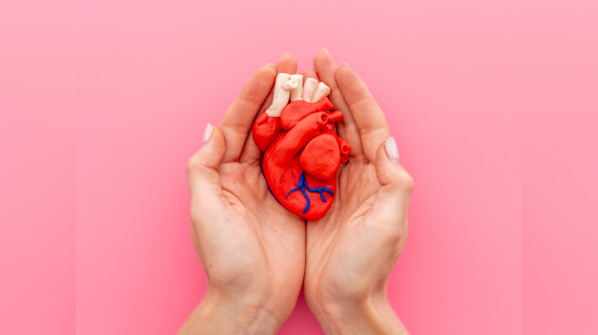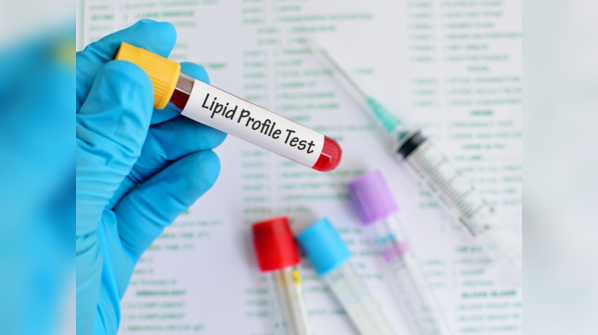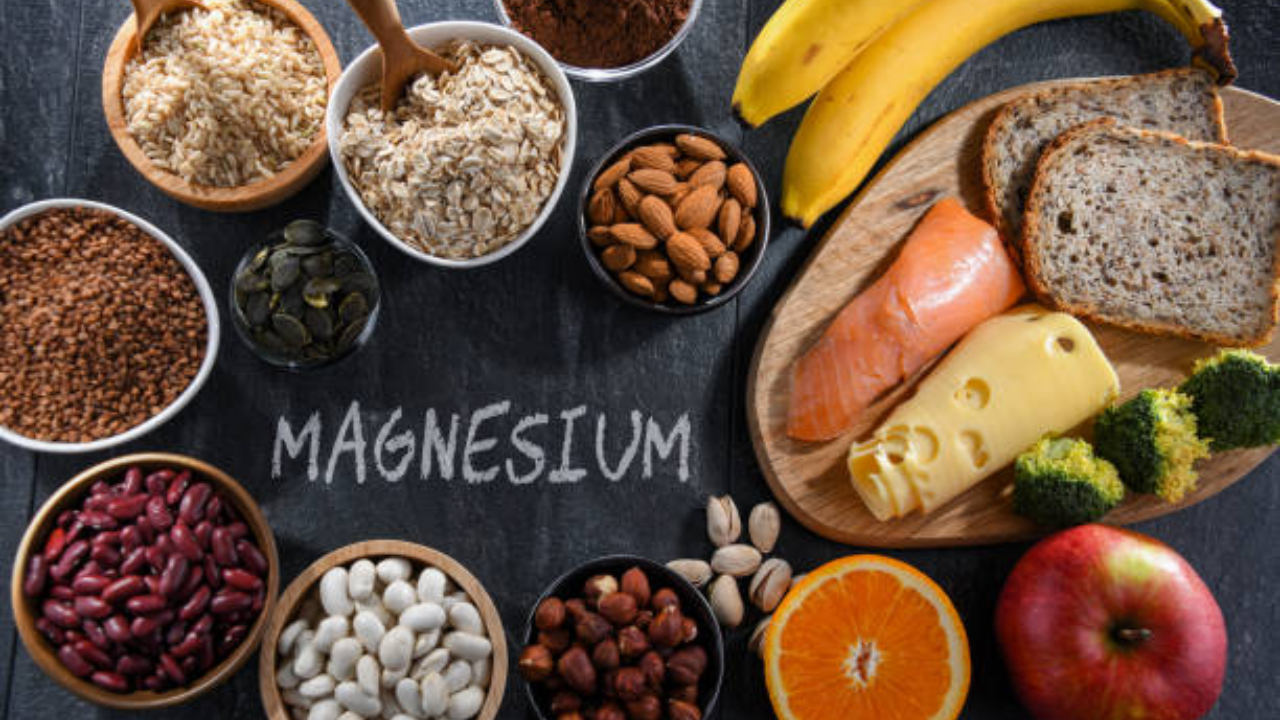
1/6
5 tiny habits that can significantly improve heart health, backed by science
In the era of complex wellness trends, it is often the simplest tasks that have a more profound effect. We have seen costly pills and remedies having brutal repercussions on our body, and we have seen what heavy and muscle-intensive workouts do to our body, especially our heart. Now is the time to switch back to the basics, before it gets too late.
According to Dr. Vassily Eliopoulo, Co-founder and Chief Medical Officer at Longevity Health and a Cornell-trained longevity specialist, says that “heart disease doesn’t just happen overnight. It builds slowly, through daily choices. And that means it can also be prevented the same way”.
His practical, no-fluff tips that are rooted in functional medicine cut through the noise from what truly works. Let us take a look at his expert opinion and the tips shared by him one by one.

2/6
Walk after each meal, whether its a 10-minute walk
Post-meal walking, even a 10-minute walk, have been shown to significantly decrease blood sugar spikes. These brief strolls assist in digestion, enhance insulin sensitivity, and promote metabolic wellness. It's a low-effort, high-reward move that can fit into even the most hectic timelines, and it's much better than rushing directly to the couch following a meal.

3/6
Prioritize Omega-3 fatty acids
Omega-3s are essential to brain function, heart health, and anti-inflammation. Adding foods such as fatty fish (salmon, sardines), flaxseeds, and walnuts, or taking an excellent omega-3 supplement, can prevent chronic diseases and help with cognitive aging. It's one of the simplest dietary improvements with long-term payoff.

4/6
Sleep like your life is at stake; it is
Quality sleep is not a luxury; it's an absolute building block of health. Sleep deprivation is associated with everything from compromised immunity and weight gain to mental fogginess and higher disease risk. Go for 7–9 hours of uninterrupted, deep sleep every night, and treat sleeping as seriously as your diet or exercise regimen.

5/6
Discard plastic; opt for glass
Plastics, particularly when it comes to food and drink storage, are known to exude hormone-disrupting chemicals such as BPA and phthalates. With regular exposure over time, these have been associated with fertility problems, metabolic disruption, and even cancer. The use of glass or stainless-steel containers is a simple yet effective way of minimizing toxic load in life.

6/6
Monitor lipid markers, and not only LDL levels
While many pay attention to weight or BMI, more profound health information is available in blood tests. Monitoring LDL cholesterol, high-sensitivity CRP (C-reactive protein), and fasting insulin levels regularly can provide a more accurate indication of cardiovascular and metabolic health. Prevention begins with knowledge, and these tests can identify problems years before symptoms appear.
Follow Us On Social Media

 6 hours ago
41
6 hours ago
41




























 English (US)
English (US)